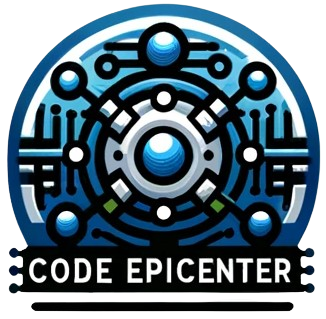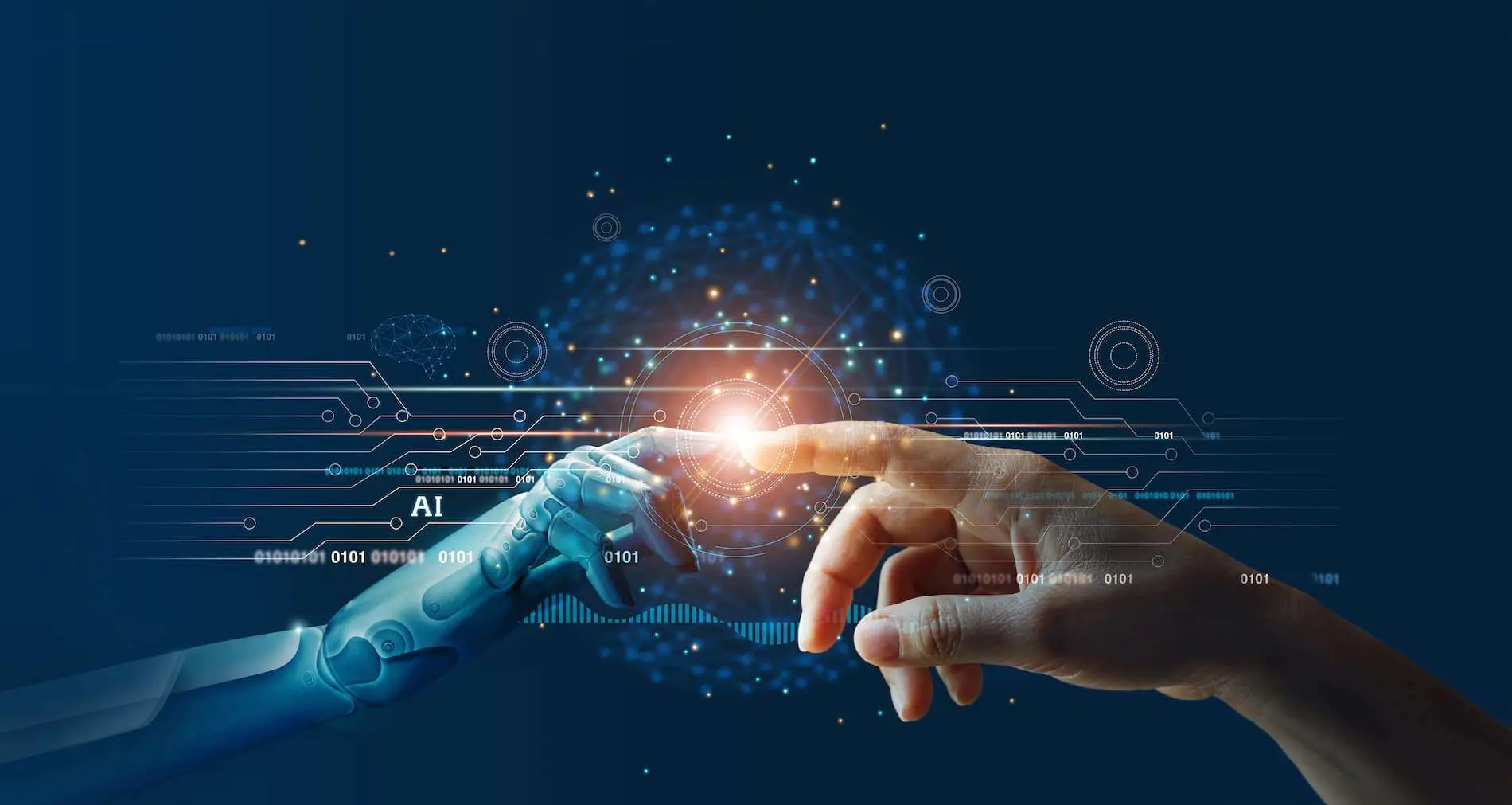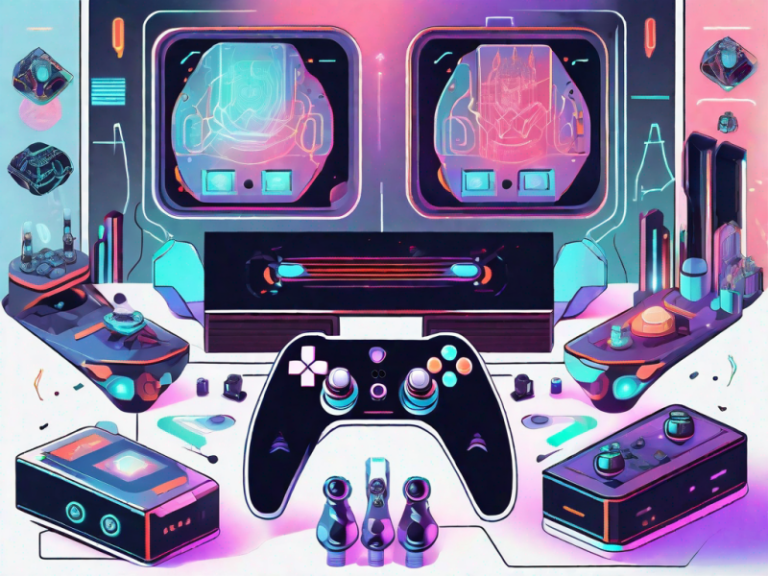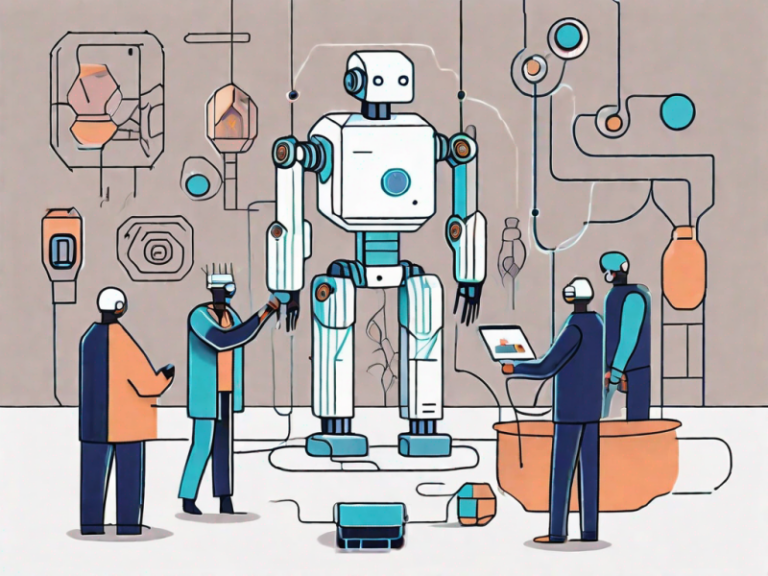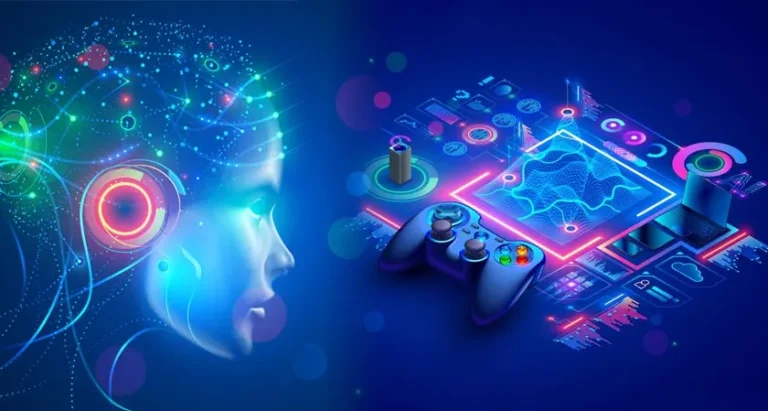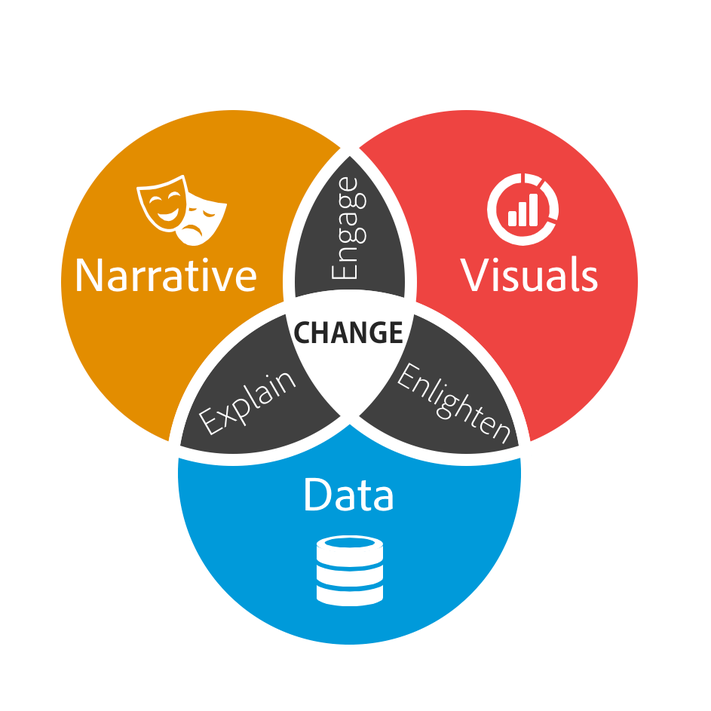As technology continues to advance at an unprecedented rate, the concept of computers becoming smarter than humans is no longer confined to the realm of science fiction. With breakthroughs in artificial intelligence (AI), machine learning, and neural networks, we are on the cusp of witnessing computers surpassing human intelligence in various domains. But what happens when our creations become more intelligent than we are?
The prospect of computers outpacing human intelligence raises profound questions and potential challenges across multiple facets of society, from economics and ethics to governance and existentialism. Here, we delve into the potential implications of this paradigm shift and explore how society might navigate this transformative journey.
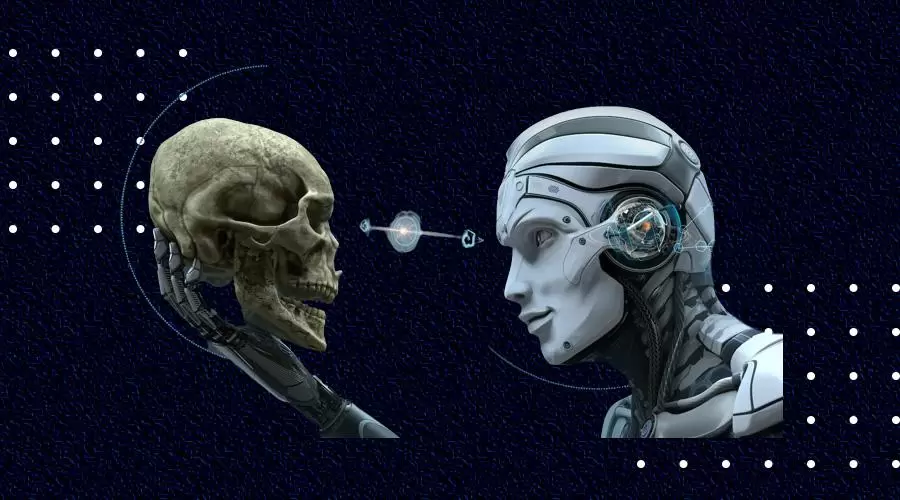
Read about also: Personalized Player Experiences: How Data is Revolutionizing Game Customization in 2024.
Technological Singularity
The notion of technological singularity, popularized by futurists like Ray Kurzweil, envisions a point in the future where AI surpasses human intelligence. At this juncture, the pace of technological progress accelerates exponentially, leading to unpredictable outcomes and fundamentally altering the fabric of society.

Economic Disruption
As computers become capable of performing tasks traditionally reserved for humans, the labor market faces significant upheaval. Automation threatens to displace millions of workers across various industries, leading to widespread unemployment and socioeconomic disparities. Addressing these challenges will require innovative solutions, such as retraining programs and universal basic income, to ensure equitable access to opportunities in the age of intelligent machines.
Ethical Dilemmas
The rise of superintelligent computers raises ethical concerns surrounding autonomy, accountability, and moral decision-making. How do we ensure that AI systems align with human values and priorities? Who bears responsibility when autonomous systems make consequential decisions? These questions underscore the importance of developing robust ethical frameworks and regulatory mechanisms to govern the behavior of AI systems.
Global Security
The proliferation of advanced AI has profound implications for national security and geopolitical dynamics. As nations race to develop AI capabilities for military applications, concerns arise regarding the potential for autonomous weapons systems to escalate conflicts and undermine strategic stability. Safeguarding against the risks of AI-driven warfare necessitates international cooperation and the establishment of norms and treaties governing the use of AI in military contexts.

Existential Risks
Some theorists warn of existential risks associated with the advent of superintelligent AI, such as the possibility of AI systems surpassing human control or exhibiting goals that are incompatible with human survival. Addressing these existential risks requires interdisciplinary research, rigorous safety protocols, and ongoing dialogue among stakeholders to ensure that AI development remains aligned with the long-term interests of humanity.
Cultural Shifts
The emergence of superintelligent computers could catalyze profound cultural shifts in how we perceive intelligence, creativity, and consciousness. As machines demonstrate capabilities once thought to be exclusive to humans, society may grapple with questions of identity, purpose, and the nature of intelligence itself. Nurturing a culture of curiosity, critical thinking, and empathy will be essential in navigating these existential questions and embracing the potential of AI as a force for positive change.
Iconclusion
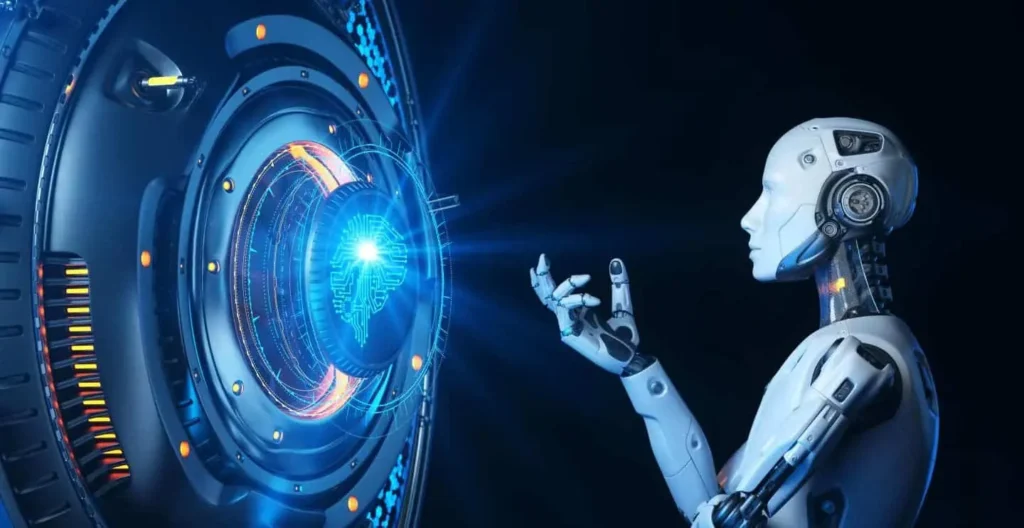
The prospect of computers surpassing human intelligence heralds a transformative era in human history, replete with opportunities and challenges. By fostering collaboration, innovation, and ethical stewardship, we can harness the power of AI to address pressing global issues and pave the way for a more equitable, sustainable, and inclusive future. However, navigating this uncharted territory requires foresight, resilience, and a collective commitment to shaping the trajectory of AI development in service of humanity’s highest ideals.
